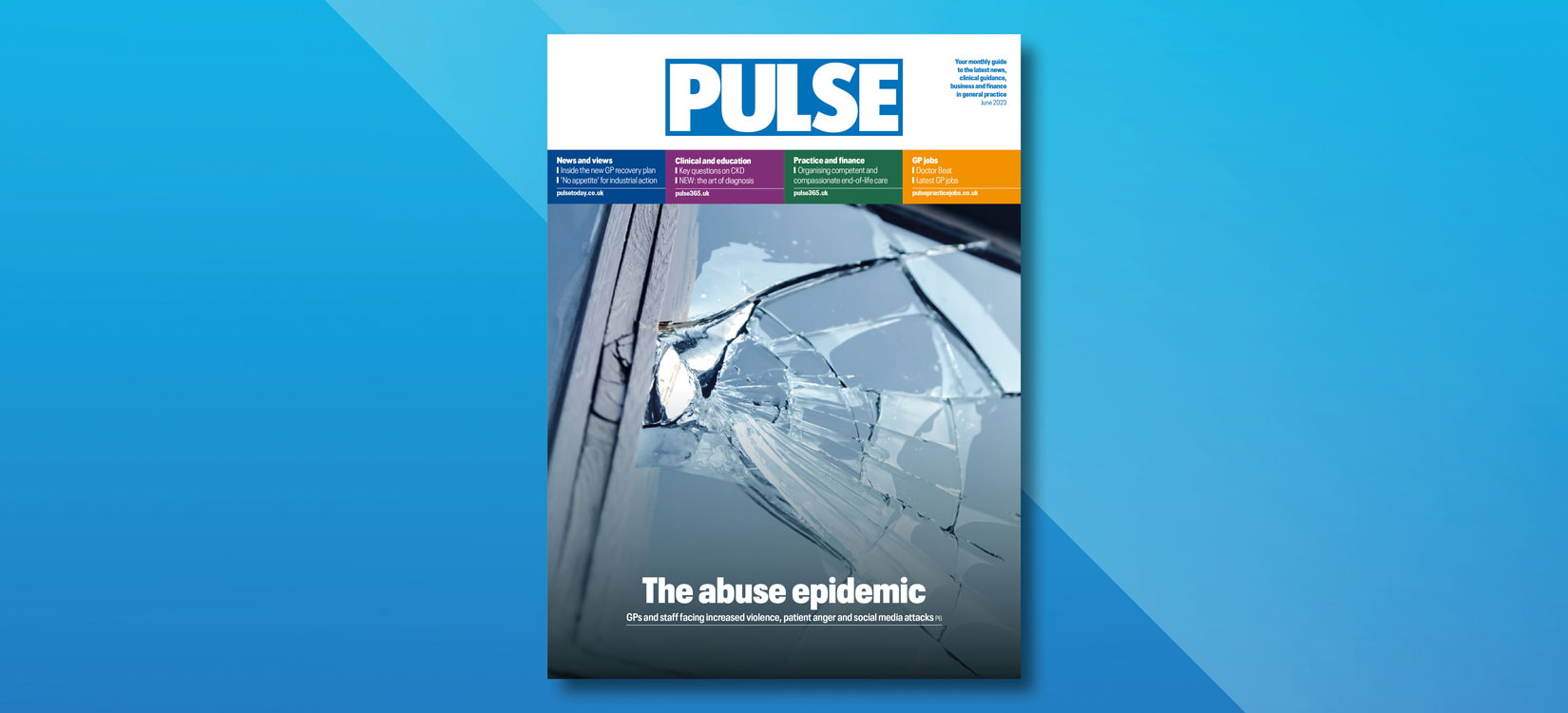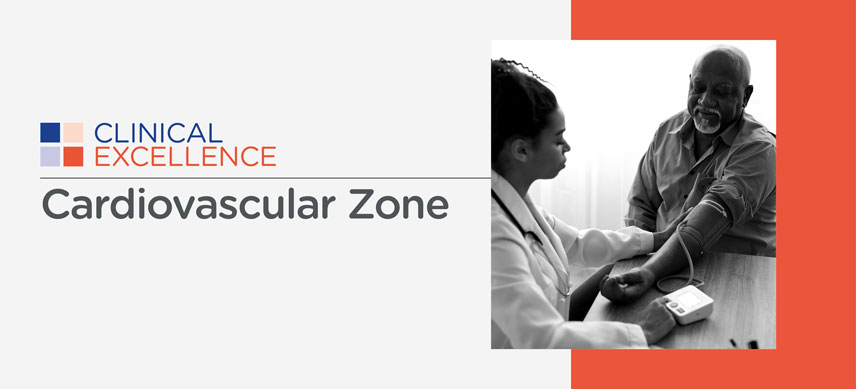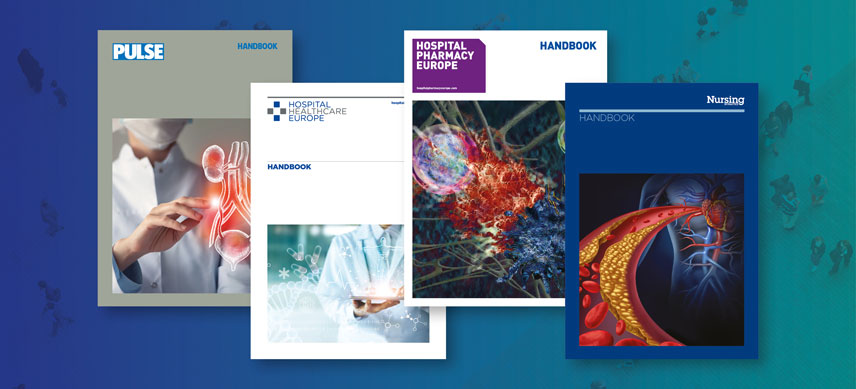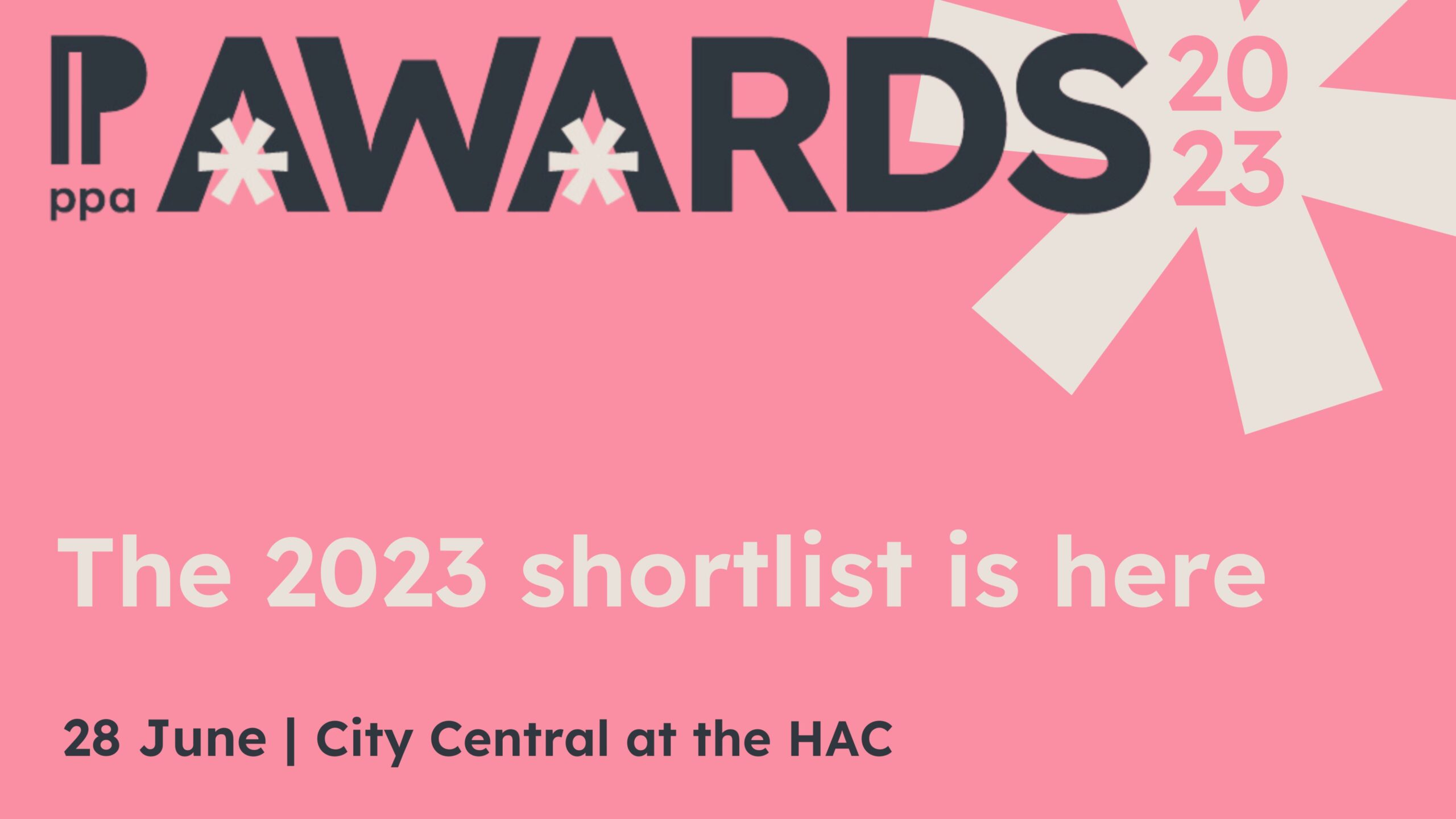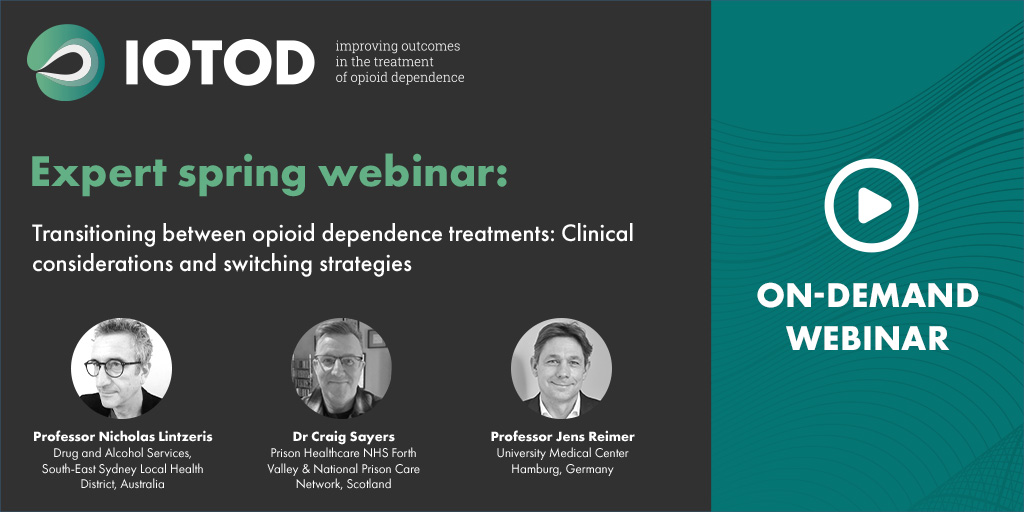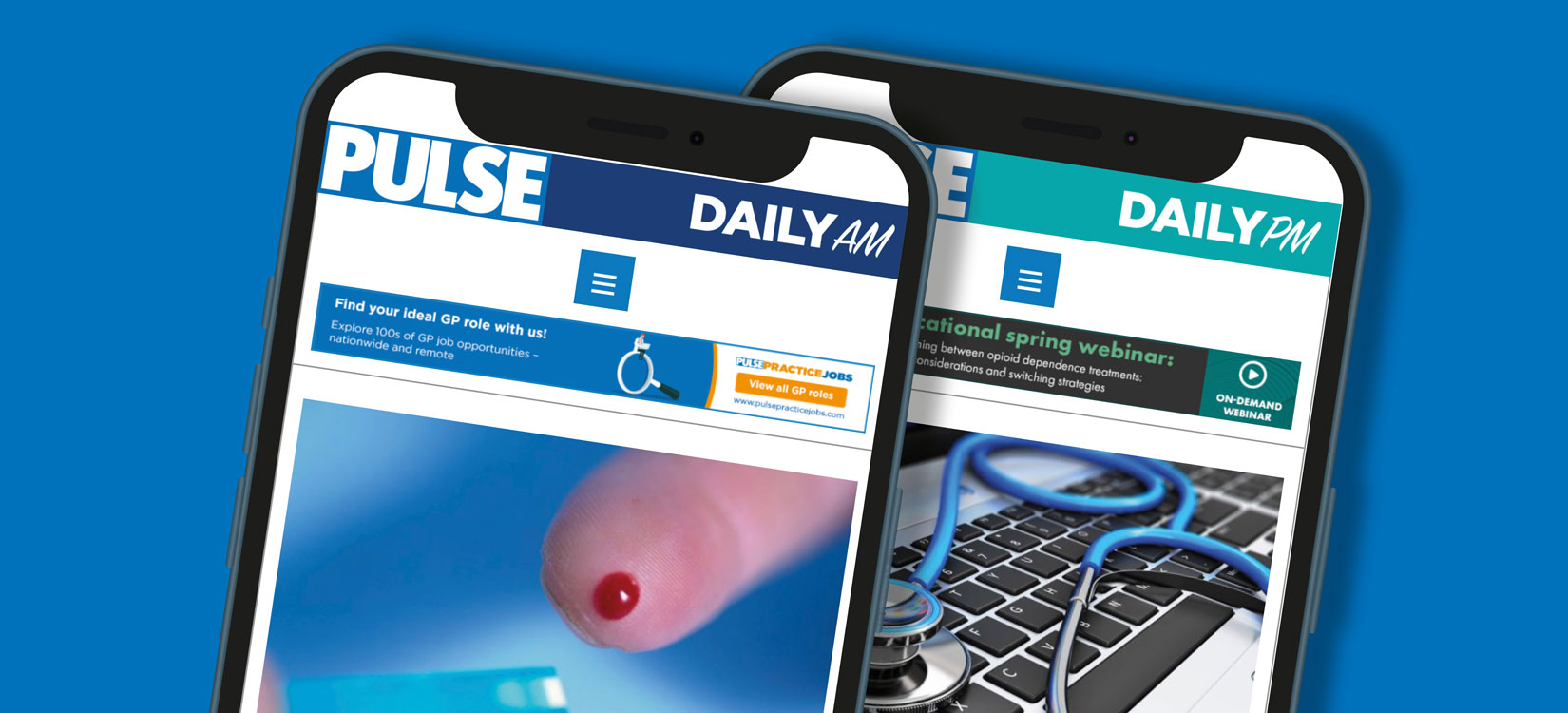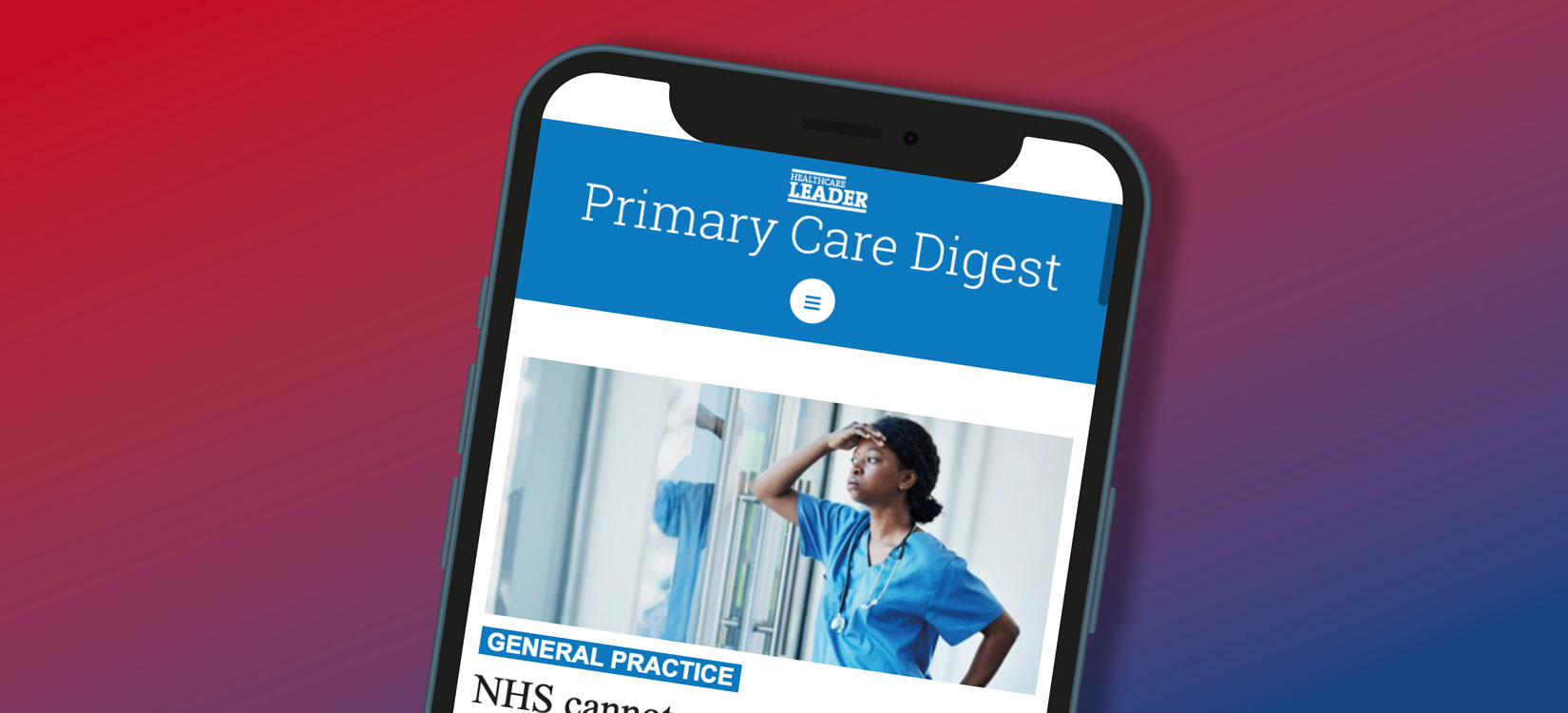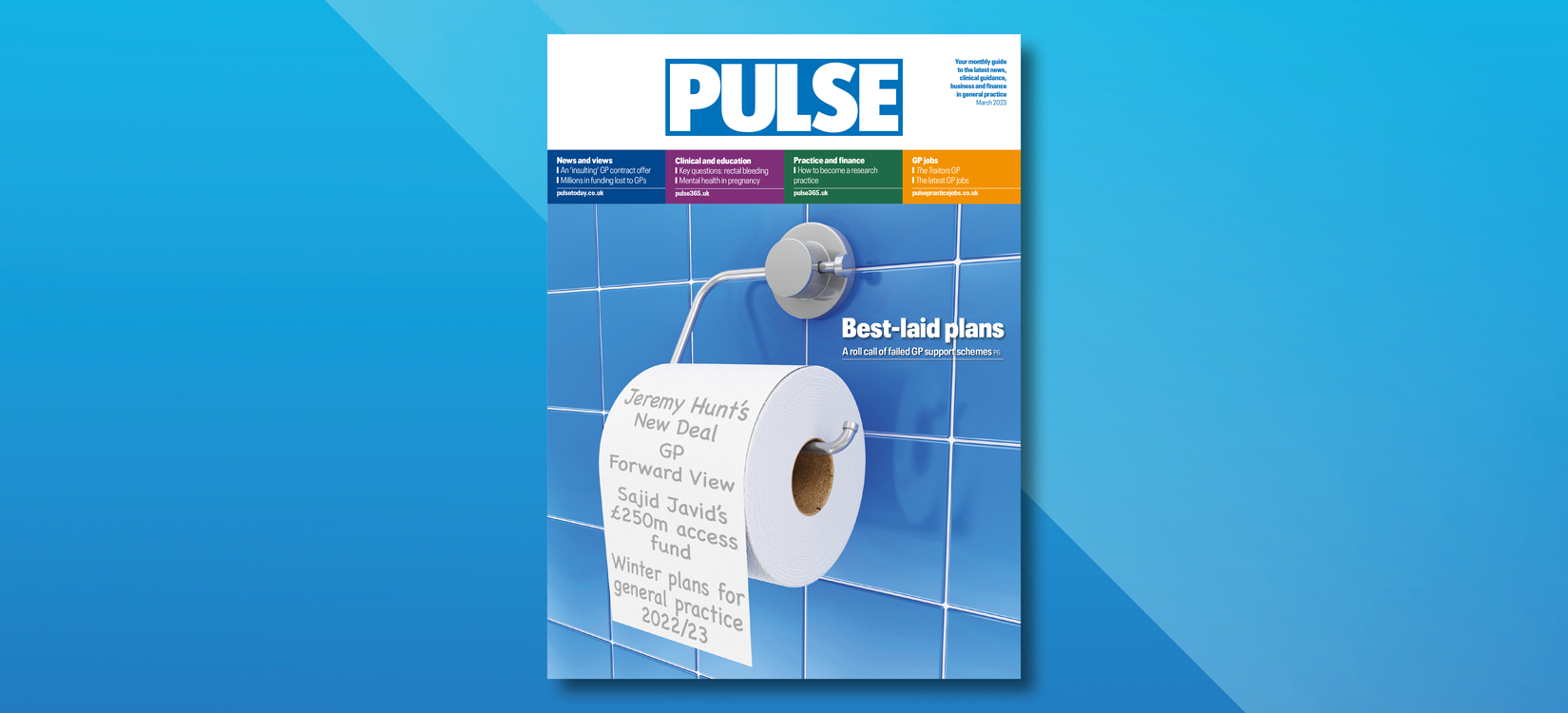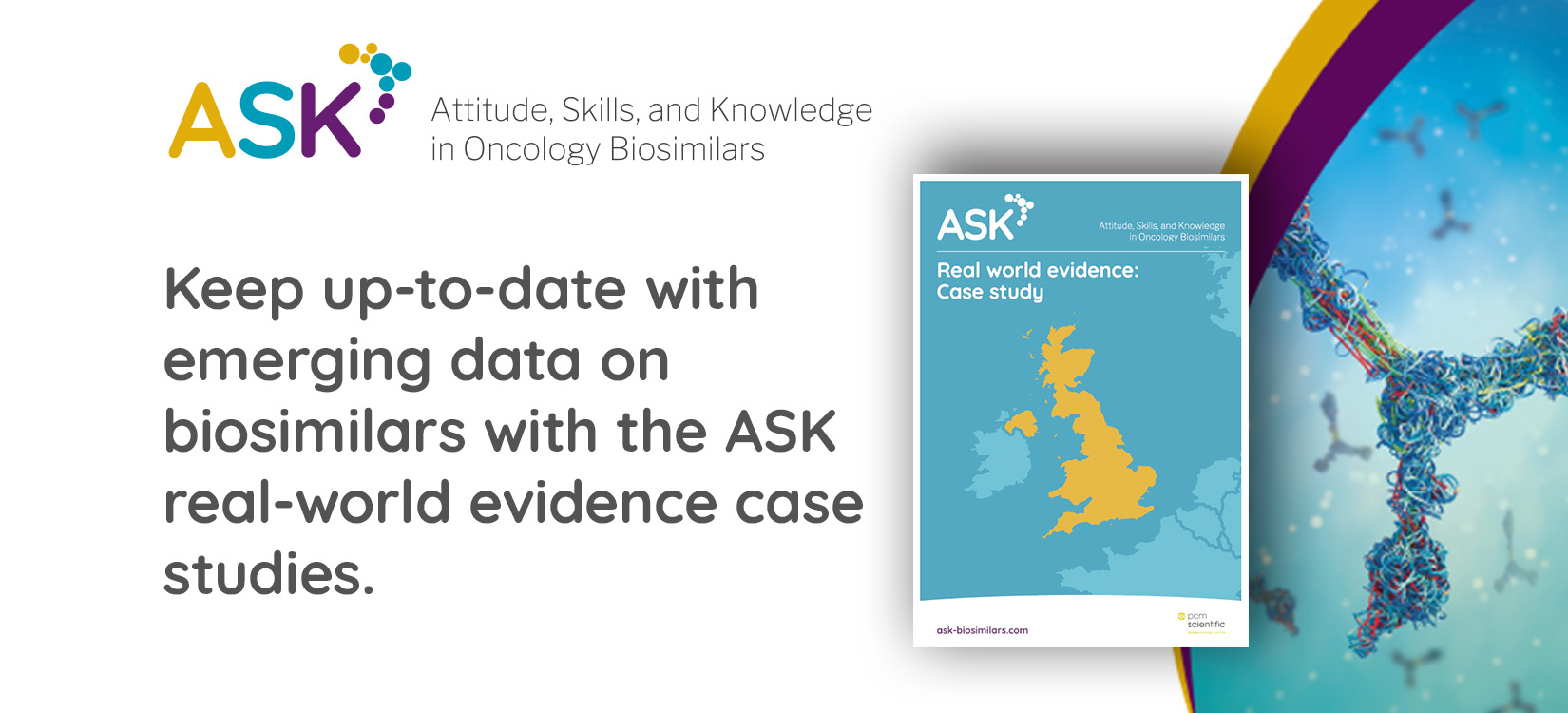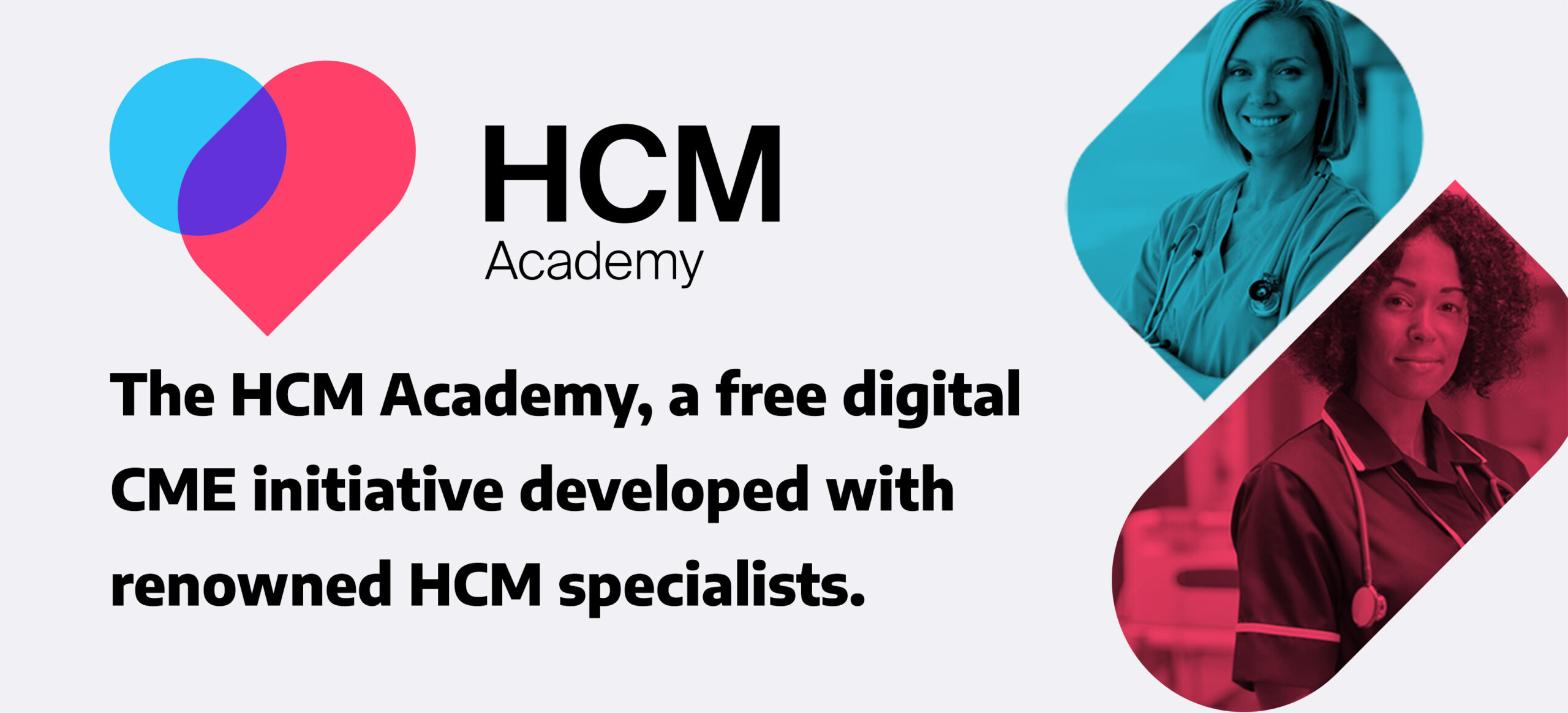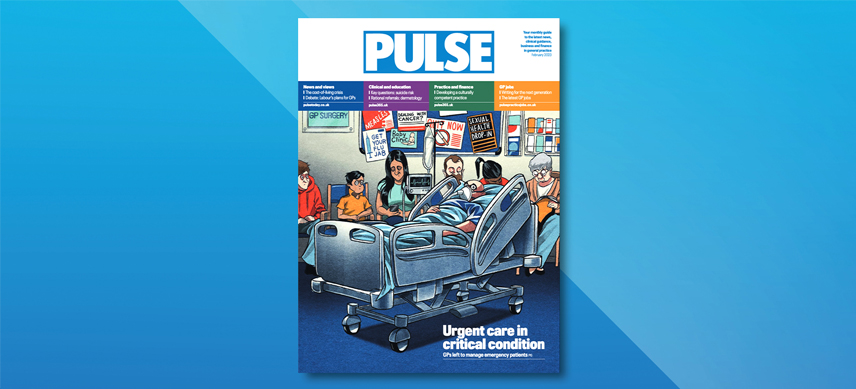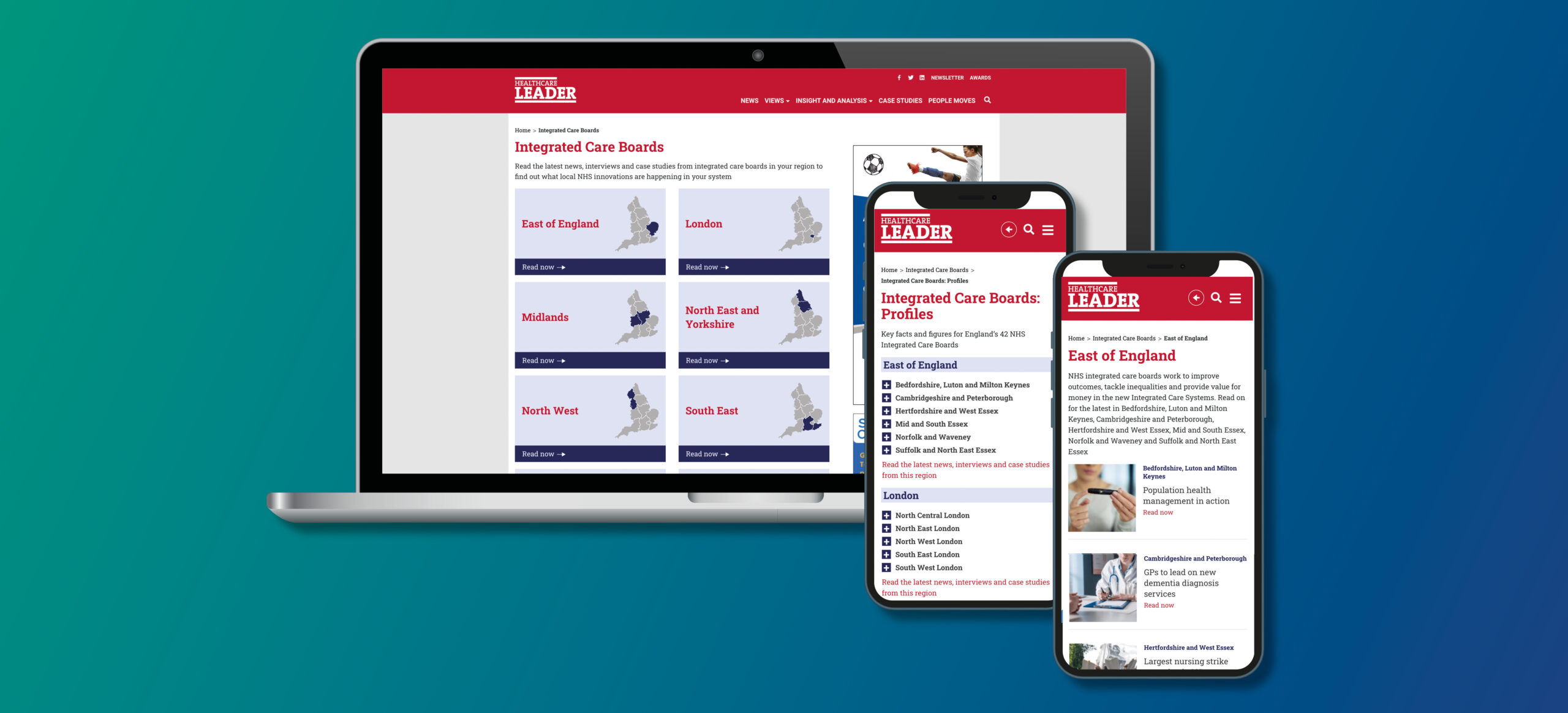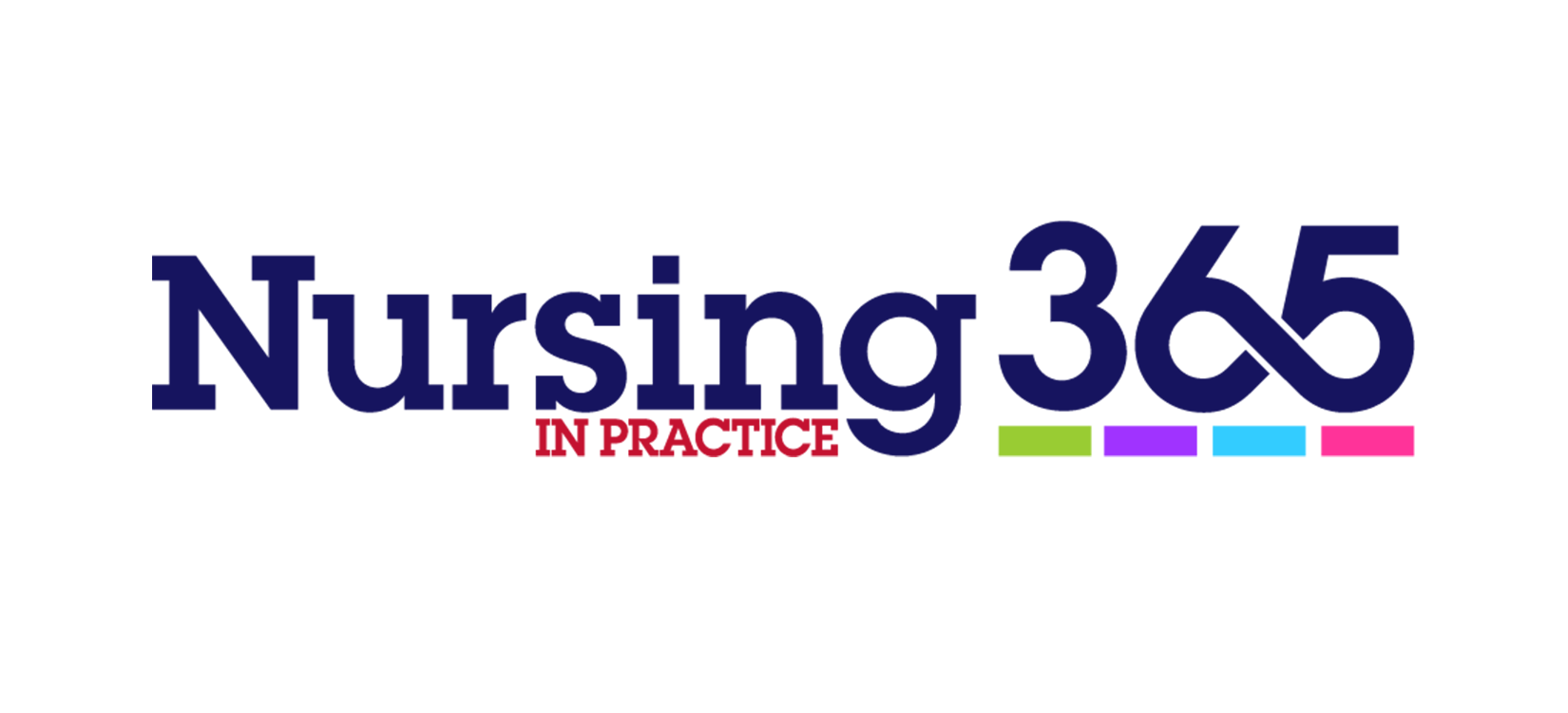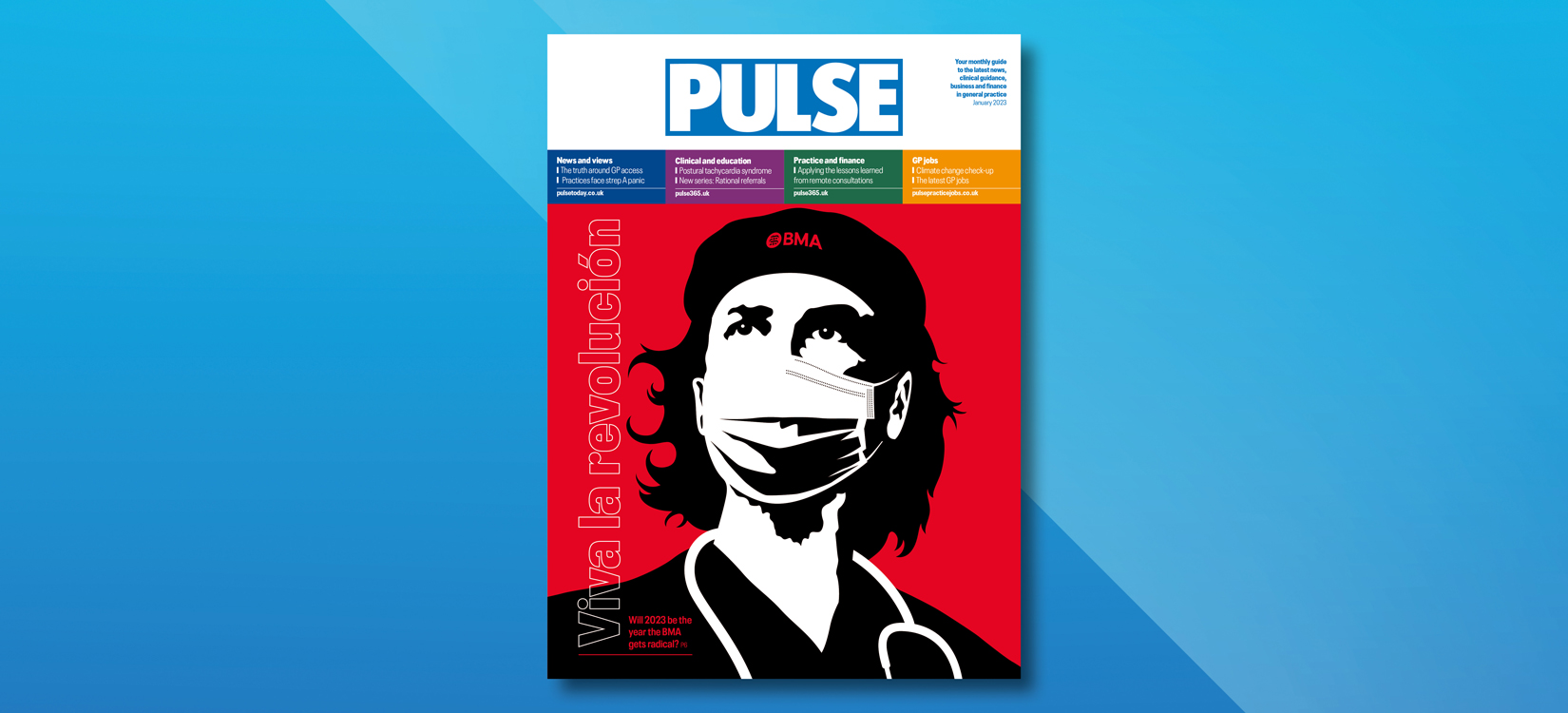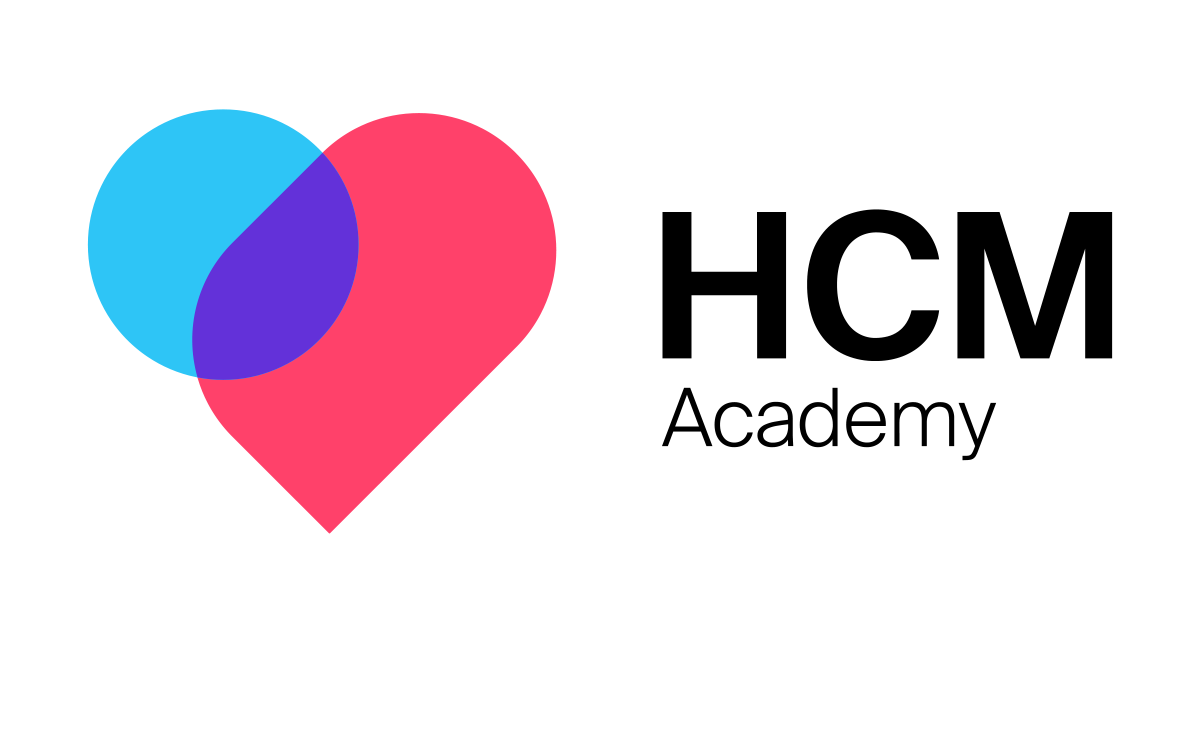On Friday 9th December, the 15th Annual General Practice Awards were held at the Novotel London West. We welcomed over 700 guests from across primary healthcare and the healthcare industry in the UK, for a fantastic night celebrating the very best in patient care – highlighting innovation, dedication, and passion.
Head of Events Marketing at Cogora, Jess Cornish, kicked off the night’s proceedings: “We may say every year how truly valuable it is to have a night like tonight where we recognise those who have gone above and beyond, but I think in the current climate, these words have never been more appropriate.
Two years on and the impact of the Covid pandemic is still ever present – as are the knock-on effects it is having on patient care. I was lucky enough to be one of the judges on the panel for the new Vaccination of the Year category, and I was honestly blown away by the amazing dedication, innovation, leadership and courage so many of you showed.
Using the experience of the covid vaccination programme, you have extended the way you engage with communities, adding opportunistic health checks to increase access to healthcare. All this innovation has been against a backdrop of the usual challenges; tackling staff shortages, managing rising patient demand, the secondary care workload dump…..
But this is why I think it is as important as ever to celebrate your successes and the amazing resilience that you continue to show. Tonight is our chance to put all our worries to one side and celebrate the very best examples of general practice.”
And what a celebration it was! Here are our 2022 winners . . .
Practice Manager of the Year
WINNER: Martin Turner, Practice Manager and PCN Manager, Staveleigh Medical Centre
Sponsored by Livi
Having recognised the demand in patient expectations since COVID, Martin has innovated positive change, not just within his own practice but amongst others in the local area. Despite never having worked in healthcare before, Martin sets an example to other managers with his enthusiasm and passion to improve services. Martin has set up a homelessness project, a training centre for clinical and non-clinical staff, a staff welfare programme, frailty and dementia projects and a local version of a 111 scheme to reduce hospital admissions and calls to practices.
Reception Team of the Year
WINNER: Health Care First, Sponsored by Think Healthcare
After a successful merge of seven practices in 2019, the Health Care First Reception team has significantly contributed to a review of patient access alongside the implementation of a new operating model. The average time to answer calls has reduced from 50 minutes to less than 10 minutes and patient satisfaction has hugely improved over the past 12 months. Working at the forefront of the new online platform, the reception team now assist 20% of patients via a 2-way messaging service. Staff morale has improved due to the reduced pressure of the call queues and patients are now receiving a happier, more responsive and efficient service.
HCP Programme Provider of the Year
WINNER: Qualitas
Qualitas’ Pathway to Partnership is a development programme for GP Partners that blends academic rigour with examples of excellent practice and new ways of thinking. Featuring group study, coaching, and intermediary projects, the programme has been designed to make an immediate positive difference. All graduates are alumni and there is a growing super-cohort who can benefit from ongoing post-programme support. The longevity of sustainable and peer learning is embedded.
Clinical Improvement Award: Long Term Conditions
WINNER: UCLPartners Proactive Care Team
The UCLPartners Proactive Care Frameworks was developed to help primary care restore and transform the management of long-term conditions as we emerge from the pandemic. Core elements include comprehensive risk stratification tools to prioritise and optimise care, the use of the wider workforce to support patient education and self-management, and complementary digital tools. Widely welcomed by GPs, the innovation has been adopted into two national programmes and 14 Integrated Care Systems are formally committed to supporting implementation in their PCNs.
Clinical Improvement Award: Mental Health
WINNER: Primary Care Gambling Service
Established in 2019, the aim of the Primary Care Gambling Service was to raise awareness of gambling harms amongst healthcare professionals and to provide a free NHS treatment service to patients who are suffering harm focusing on a holistic and multidisciplinary approach. The service bridges the gap between primary care and the voluntary and specialist services and now provides an integrated, easily accessible treatment service. The first of its kind in the country, the service has helped 120 patients and the team have successfully engaged GPs, addressed the needs of those with gambling addiction and established a robust treatment service.
Clinical Improvement Award: Public Health & Prevention
WINNER: The Integrated Motivational Proactive Anticipatory Care Team (IMPACT)
The IMPACT team utilises population health intelligence to identify patients diagnosed with LTCs who are not engaging with healthcare provision. Care Coordinators take a holistic approach that is sensitive to the wider determinants of health which influence self-management and engagement with services. Outcomes included: A&E attendances reduced by 23%, hospital admissions decreased by 44%, 94% of patients did not require additional GP care, and the number of patients reporting problems with anxiety/depression decreased by nearly 10%. The hope is that by sharing the success of the project it may be rolled out across the country.
Digital Solutions Provider of the Year
WINNER: X-on
When faced with a client who needed to urgently upgrade their telephony to accommodate a new way of working due to the pandemic, X-on stepped up to offer a new cloud-based system that offered the practice the solutions they needed. The system seamlessly integrated with major clinical systems which improved productivity at the practice. X-on changed the way the practice worked and offered little extras which all contribute to reducing call wait times.
GP Trainee/Rising Star Award
WINNER: Dr Solomon Lebese, GP Trainee, Symphony Health Services
Sponsored by Atrumed
Destined for great things, Dr Lebese was nominated for going above and beyond expectations, excelling in his workload, in promoting Symphony Health Services as an organisation, and in contributing to regional trainee committees and events. He combines enthusiasm and a natural flair for communication, referencing evidence and poignant personal anecdotes. He is a calming and constructive presence and talks truth to power. The type of colleague everyone wants to work with and who everyone wants to be looked after by.
Pharmacist/Pharmacy Team of the Year
WINNER: Helen Kilminster, Senior Clinical Pharmacist, Portway Family Practice
Extraordinary, exceptional, exemplary – just some of the words used to describe Helen Kilminster. Having recently completed a two-year tenure as one of a handful of pharmacist Clinical Directors in England, her achievements included PCN and regional roll out of the COVID vaccination effort, improving the inclusion of Bangladeshi, Chinese and LGBTQ+ communities, and the integration of PCN Pharmacists and ARRS staff.
Medical Supplier of the Year
WINNER: Enhanced Primary Care
Offering a unique PPA reconciliation service, Enhanced Primary Care is a hassle and risk free service for practices. Their mission is to offer practices time – a precious commodity in primary care. They have found hidden income worth £733,531 for practices in just 15 months.
Extended Practice Team Member of the Year
WINNER: Allied Patient Intervention Team
By diversifying the workforce within Primary Care, the Allied HCP team are able to take a holistic approach to tackling health inequalities within the population, specifically focusing on the most vulnerable patients. The team responded to the post-covid rise in patients requiring mental health and substance misuse support, by providing stability in treatment and encouraging physical health checks. The introduction of a full-time safeguarding lead enabled information requests to be shared efficiently and for procedures to be completed swiftly. They were able to bridge the gap between primary and secondary services and have prevented patients becoming unstable or disengaged.
Staffing/Recruitment Agency of the Year
WINNER: Clinical Pharmacist Solutions
Clinical Pharmacist Solutions offer an innovative recruitment service incorporating the clinical expertise of their staff, allowing them to specialise in recruiting Pharmacists and Pharmacy Technicians for surgeries and PCNs. Providing high-calibre, trained clinicians, from their network of over 8,500 pharmacists.
Practice Nursing Award
WINNER: Janette Morgan, Practice Nurse, Practice 2, Keir Hardie Health Park
Sponsored by Benecol
A truly committed and devoted all-rounder, Janette has become the key person at the practice in dealing with all chronic disease queries. She has been instrumental in helping the team achieve the QAIF targets; she has significantly decreased the obesity rate in the local population; and in 2021 she started a “Green inhaler project”. This was a self-initiative that Janette undertook as part of sustainable inhaler prescribing. She carried out an audit of all patients on Ventolin and reviewed them, achieving a 60% drop in acute and repeat prescriptions. A laudable achievement undertaken over and above her usual duties, reflecting her commitment to her patients and a wider responsibility to the environment.
The General Practitioner of the Year
WINNER: Professor Michael Holmes, GP Partner, Haxby Group; Chair Nimbuscare; Chair of the Trustee Board, RCGP
Described as not just a GP but a selfless visionary leader in General Practice who champions collaboration and innovation, Professor Holmes gives his time to support individuals and communities at local and regional level, as well as contributing to valuable national programmes. His practice delivers care to almost 100,000 people and he has worked to set up services in areas of deprivation where there is inequality of access to healthcare. Amongst other things, Michael has set up a local GP Mentoring Scheme offering grants to help people from disadvantaged backgrounds apply for medical school.
PCN of the Year
WINNER: Norwich Primary Care Network
Sponsored by X-on
Having identified several issues common to all practices within the PCN, the team worked to come up with effective solutions for all, and significant improvements were made across many areas. A GP Front Door service reduced footfall in emergency departments and over 14,000 patients have now been seen by staff. The Improved Access Service has provided more than 93,000 telephone or face-to-face appointments, greatly reducing pressure on the practices. Finally, the Living Well team has created an effective social prescribing offer supporting patients across Norwich. Early local estimates suggest the programme is delivering in excess of £5m in savings to the local system each year.
Telecoms Provider of the Year
WINNER: Babblevoice
Babblevoice have recognised that today’s demands on primary care are complex and diverse and so they aim to provide their customers with a unique combination of innovative technology with a user-centric focus on adaptable solutions. When required, in just 24 hours they were able to get a new client up and running with almost unlimited lines, essential staff trained, and softphones implemented throughout the practice, all without impacting patients.
Vaccination Service of the Year
WINNER: Modality Partnership
The Modality Partnership team worked hard to increase vaccine uptake in their local area, focusing on groups characterised as vaccine hesitant. Targeting areas with significant pockets of deprivation and populations across a number of ethnic groups, they worked to overcome language and knowledge barriers, and to reach those who had declined the vaccine. Successes include their first Mosque pop up clinic which led to a further four more opening. They have run over 30 pop up vaccination centres to date in community centres, churches, shopping centres, an Asian women’s centre (the first female only vaccination event) and music festival. Community relationships have deepened, and strong links now exist – all contributing to reducing inequalities.
GP Team of the Year
WINNER: Miriam Primary Care Group
Miriam Primary Care Group delivers general practice services to over 15,000 patients in some of the most deprived socio-economic boroughs of the Wirral. Consistently bucking the trend by delivering a comprehensive service, the team provided extended access 8am-8pm 365 days during the pandemic. Led by Dr Mantgani, who has been described as a formidable and passionate advocate for reaching communities most in need, The Miriam Primary Care Group have developed strategic partnerships offering drop-in sessions for health promotion, free covid testing, satellite health promotion clinics, and a Covid Art project where staff worked with a local college to create artwork to celebrate healthcare workers using packaging leftover from the vaccination programme.
The General Practice Awards will be back in 2023 with new categories, a new host, and lots of opportunities for you and your team to shine! To stay updated, click here to sign up to our mailing list.
